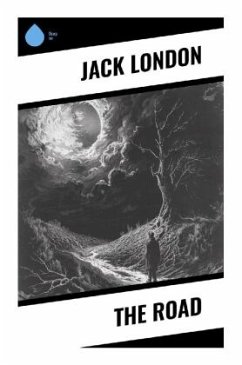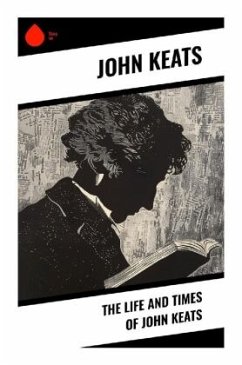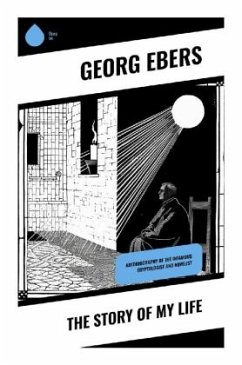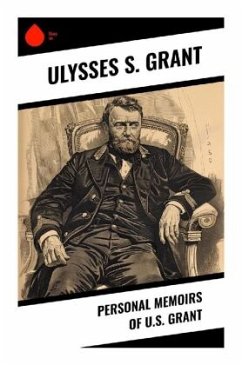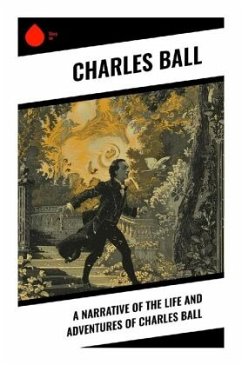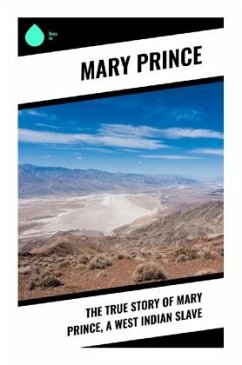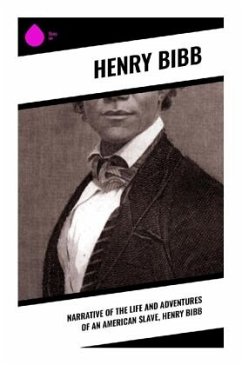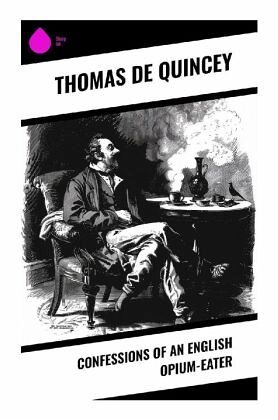
Confessions of an English Opium-Eater
Versandkostenfrei!
Versandfertig in 6-10 Tagen
8,50 €
inkl. MwSt.

PAYBACK Punkte
0 °P sammeln!
In "Confessions of an English Opium-Eater," Thomas De Quincey offers a profound exploration of addiction, consciousness, and the human condition through a unique blend of autobiography and philosophical reflection. Written in the early 19th century, De Quincey's eloquent prose captivates readers with its intricate language and vivid imagery, immersing them in the ambivalent allure of opium. The work sits at the intersection of Romanticism and early psychological inquiry, encapsulating the tension between aesthetic experience and the debilitating consequences of addiction, all while challenging...
In "Confessions of an English Opium-Eater," Thomas De Quincey offers a profound exploration of addiction, consciousness, and the human condition through a unique blend of autobiography and philosophical reflection. Written in the early 19th century, De Quincey's eloquent prose captivates readers with its intricate language and vivid imagery, immersing them in the ambivalent allure of opium. The work sits at the intersection of Romanticism and early psychological inquiry, encapsulating the tension between aesthetic experience and the debilitating consequences of addiction, all while challenging societal norms regarding drug use and its implications. Thomas De Quincey, a British essayist and literary figure, draws upon his own tumultuous experiences with opium addiction, a struggle that mirrored the societal undercurrents of his time. His background, which included a turbulent childhood and an affinity for Wordsworthian ideals, profoundly informed his storytelling. De Quincey's philosophical musings and literary style reflect the Romantic fascination with the sublime and the grotesque, thereby situating his work within a rich tradition that interrogates the boundaries of pleasure and suffering. I highly recommend "Confessions of an English Opium-Eater" to readers interested in the complexities of addiction and the intricacies of the human psyche. This seminal text not only serves as a historical document of addiction's impact but also as a literary masterpiece that invites philosophical and ethical contemplation. De Quincey's reflections resonate with contemporary dialogues on substance use and the pursuit of ecstasy, making this work equally relevant today.



